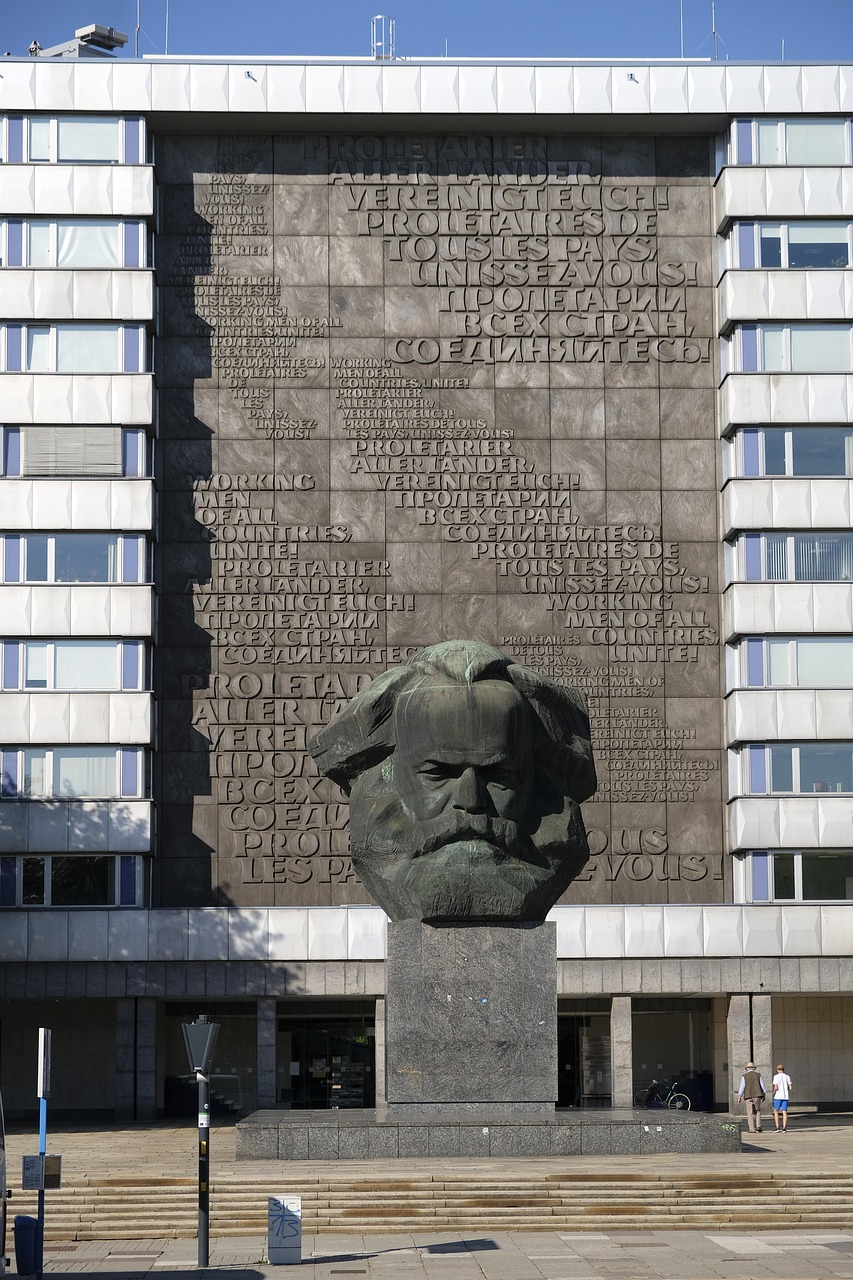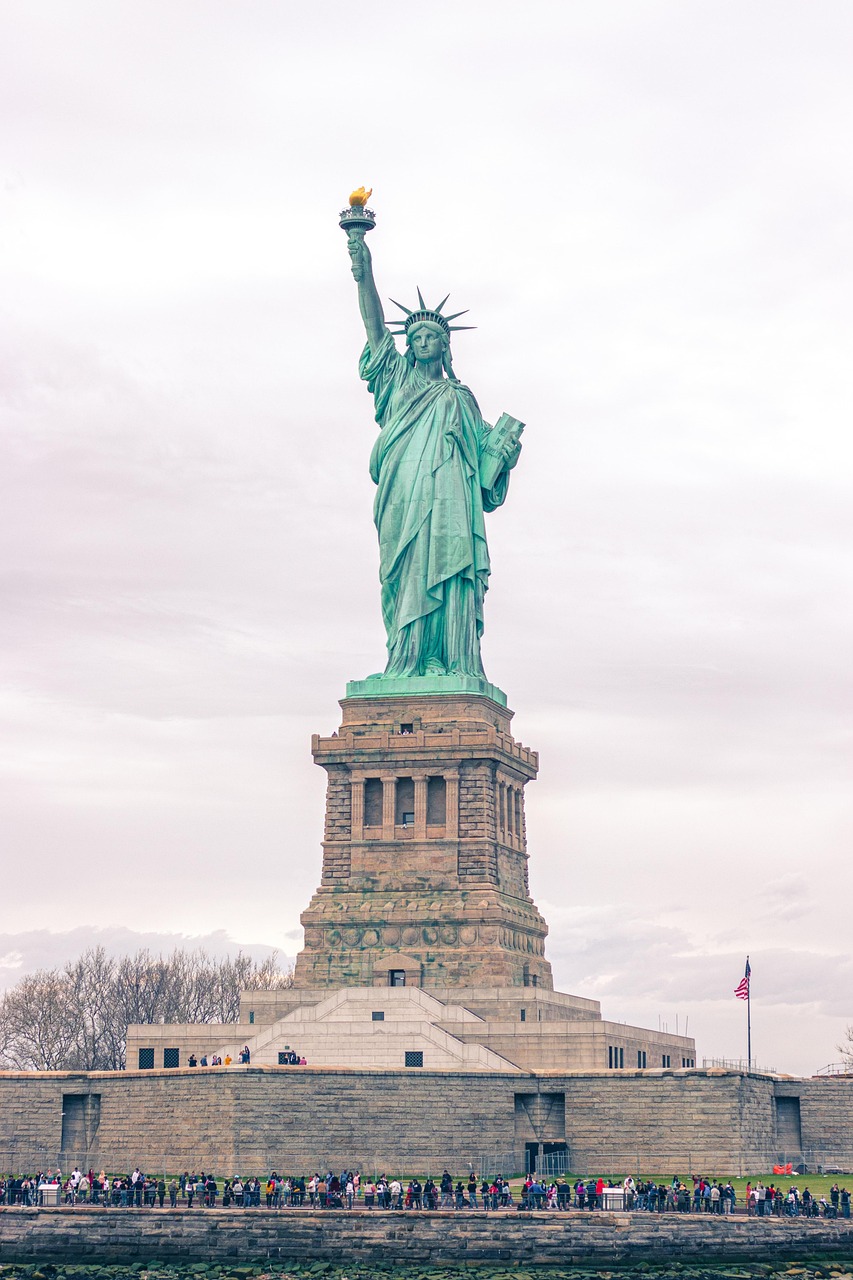In The Commuter, a short story by Philip K. Dick, a station worker from Woking meets a mysterious stranger who buys a ticket to Macon Heights. The catch, however, is that the town cannot be found on any map. The station worker is inspired to visit.
The town is idyllic. This is a stark contrast to the reality of the station worker’s life, in which he faces a son whose health has deteriorated to a degree that is destroying everything he loves. On returning home, he finds an alternate reality where his trauma never existed.
But the station master can’t let go; he’s torn between love for a flawed and increasingly dangerous child or moving on. He is repeatedly told that he can’t fix the past. But he is unpersuadable and keeps revisiting the trauma, bringing it back to the Heights. In doing so he destroys the dream for everyone else, until he must decide which reality.
To be clear, Macon Heights does not exist. It’s a construct of the world as we wish it would be, and a respite for those dealing with an unbearable burden. It failed to materialise in the narrative due to a single bureaucratic vote on a planning committee. A victim of a ‘left-wing economic establishment’? Or perhaps just brute bad luck?
On which note we turn to former Prime Minister Liz Truss’s weekend exposition on her brief time in office, her errors and misfortune. The former PM (full disclosure, an old friend from college days) is a true believer in ‘Free Market Heights’. She entered politics to effect change and overcame many obstacles in her rise to the top; from misogyny and snobbery to undue loyalty to Theresa May, unbelievable loyalty to Boris Johnson, and a millionaire rival in Rishi Sunak.
She deserved the job, but her time in office was not, to put it mildly, a success. ‘Recollections may vary’, however those reviews are in. When you’re competing with two former bosses and Lord Canning for the position of ‘worst’ or more kindly ‘shortest term Prime Minister in British history’ – the latter having dropped dead of TB – dwelling on it may not be wise.
Truss is not contrite. Her confession of errors largely amounts to communications difficulties and failing to spot a conspiracy of disagreement that led to sabotage. This, from someone who was a minister for a decade, including a two-year stint in the Treasury and with a habit of regularly and vocally highlighting how much her civil servants were not on board, is unconvincing. She had no excuse for not planning how to tackle the inevitable internal and external resistance.
She was unlucky with the LDI (financial) crisis. It was clearly the job of the Bank of England, Treasury and Pensions Regulator not just to see it coming, but avert damage through early action. But her criticism at these bodies from the off didn’t help. She created her own opposition, gave it cause to attack her, and then called it a conspiracy.
Nor are her complaints of left-wing institutional bias helpful. The Office for Budget Responsibility for example was set up by a Conservative-led Government. It exists to check and balance the claims of politicians and their populist instincts; it was designed to prevent them from using the Treasury to make questionable claims about the fiscal impact of policies.
If it’s now dominated by neo-Keynesian doomsters hellbent on managing decline rather than boosting growth, it is in the gift of the Prime Minister to insist on change, both in mandate and personnel. She also had the power to change the government’s fiscal rules, which is the basis of the OBR analysis. If she thought the International Monetary Fund has morphed from forcing spendthrift banana republics to learn basic economics to issuing woke moral lectures to the West, then hit their funding.
Truss was also criticised, in office, by her friends in the ‘right-wing economic anti-establishment’, for her massive unfunded statist energy policy, for which she shows no contrition whatsoever. She was offered advice on alternatives and it should be self-evident to a student of Milton Friedman that price controls don’t work.
The claim that she had no time is undermined by her own business energy bills policy, which took weeks to implement, created constant moaning from businesses dealing with the uncertainty, and had to be radically revised directly after her exit. That it “saved some businesses that would otherwise not be here” is the defence of every social democrat crippling their economy with industrial policies that are sold as growth plans but end up as welfare for zombies. It was reckless.
Should her errors confine her with the Mensheviks to the ’dustbin of history’, clearly not. Truss is a deep thinker and her analysis that the UK needs growth and supply-side reform is absolutely correct. We want to hear more about the growth plan she would have executed had she not imploded. But for the sake of Free Market Heights, she needs to choose.
Truss now has a choice for her next steps. Will she follow the path of her immediate predecessor, Boris Johnson, by touring the world attempting to convince people they miss him really and selling a past that never existed? Or will she follow the model set by an earlier leader, Iain Duncan Smith, who after the Conservative party discarded him in 2003 lived up to his “quiet man” image, set up the Centre for Social Justice, and set the agenda for welfare reform for the next 20 years?
It can’t be both. If she takes the wrong path, it will be the dream of a better, freer, more prosperous tomorrow that suffers.















